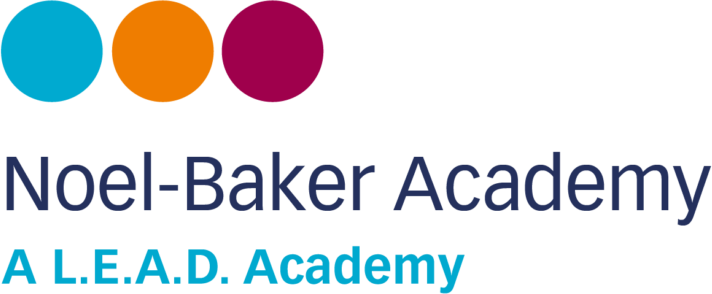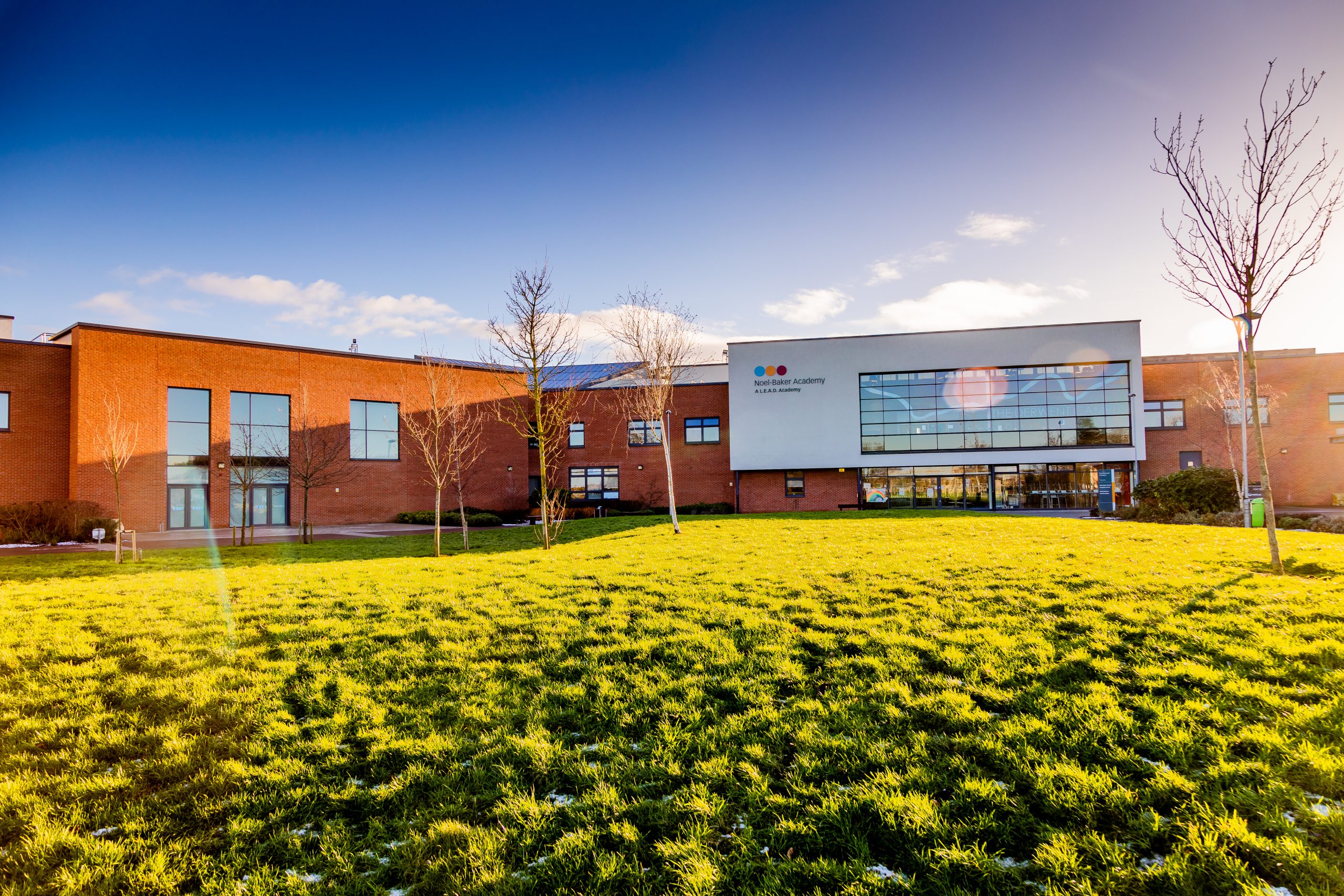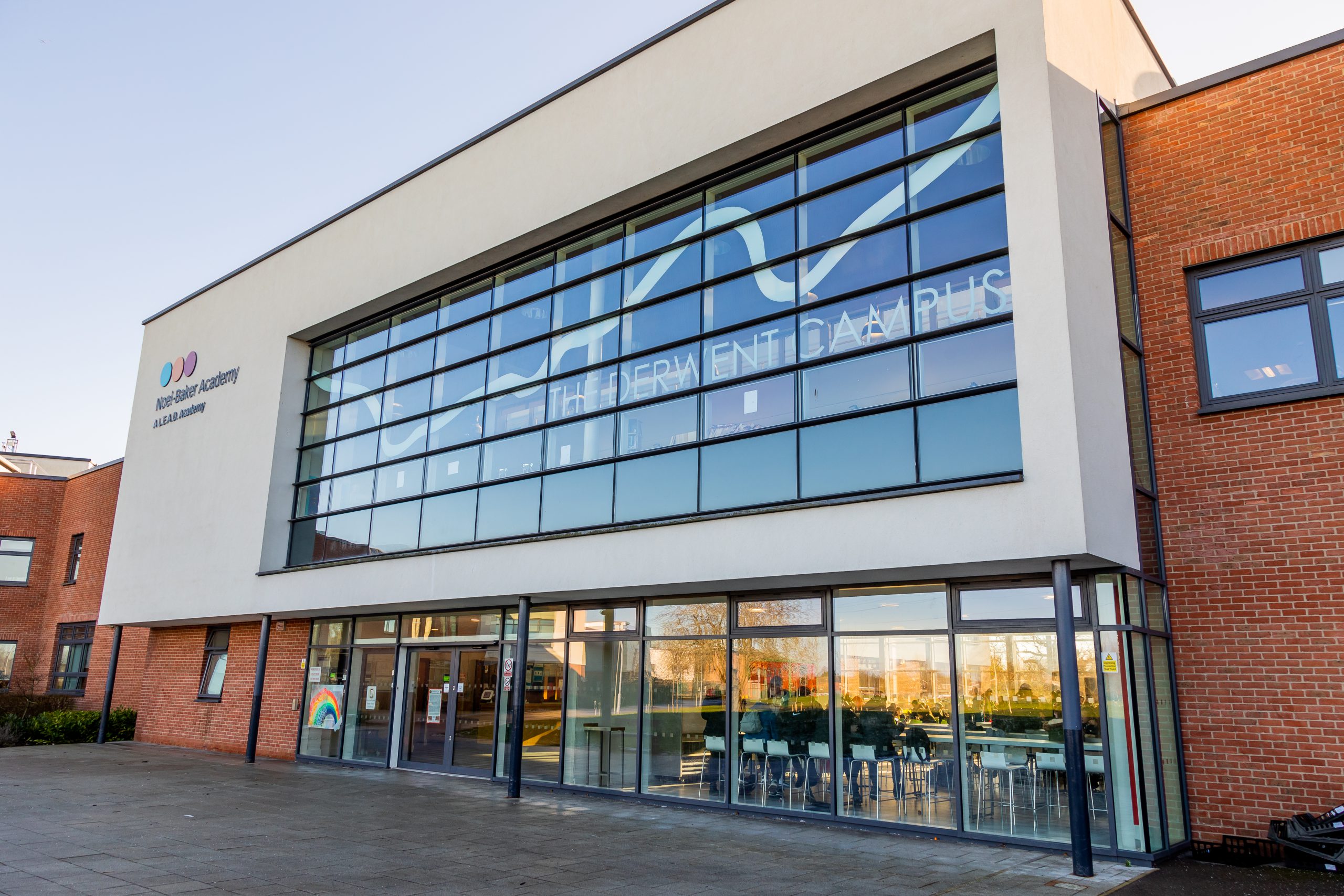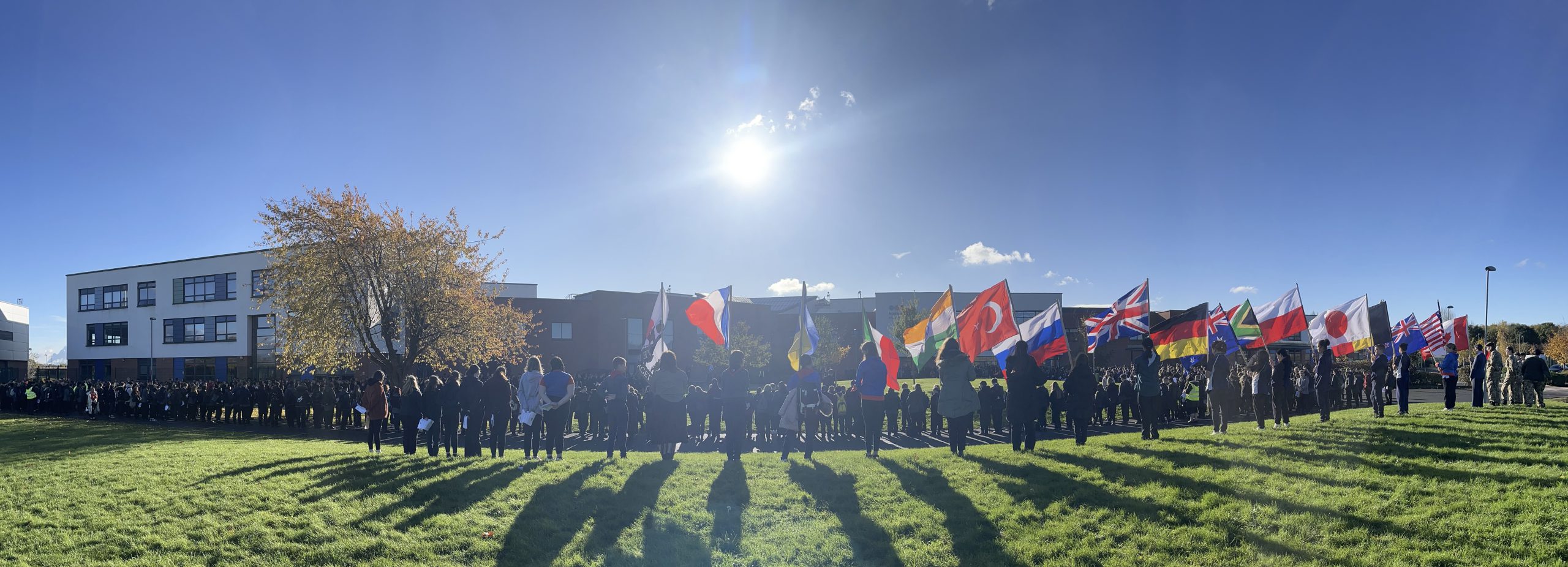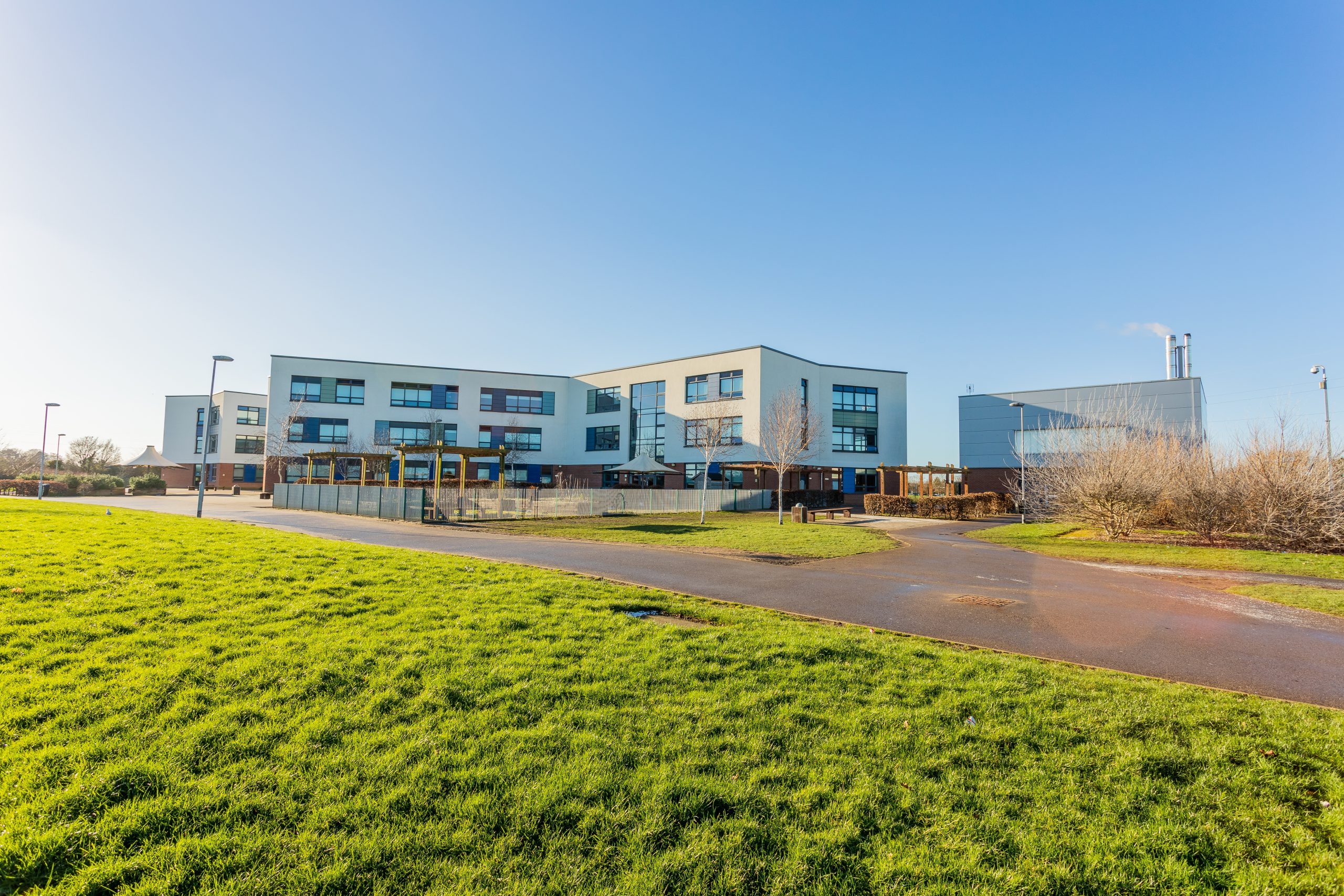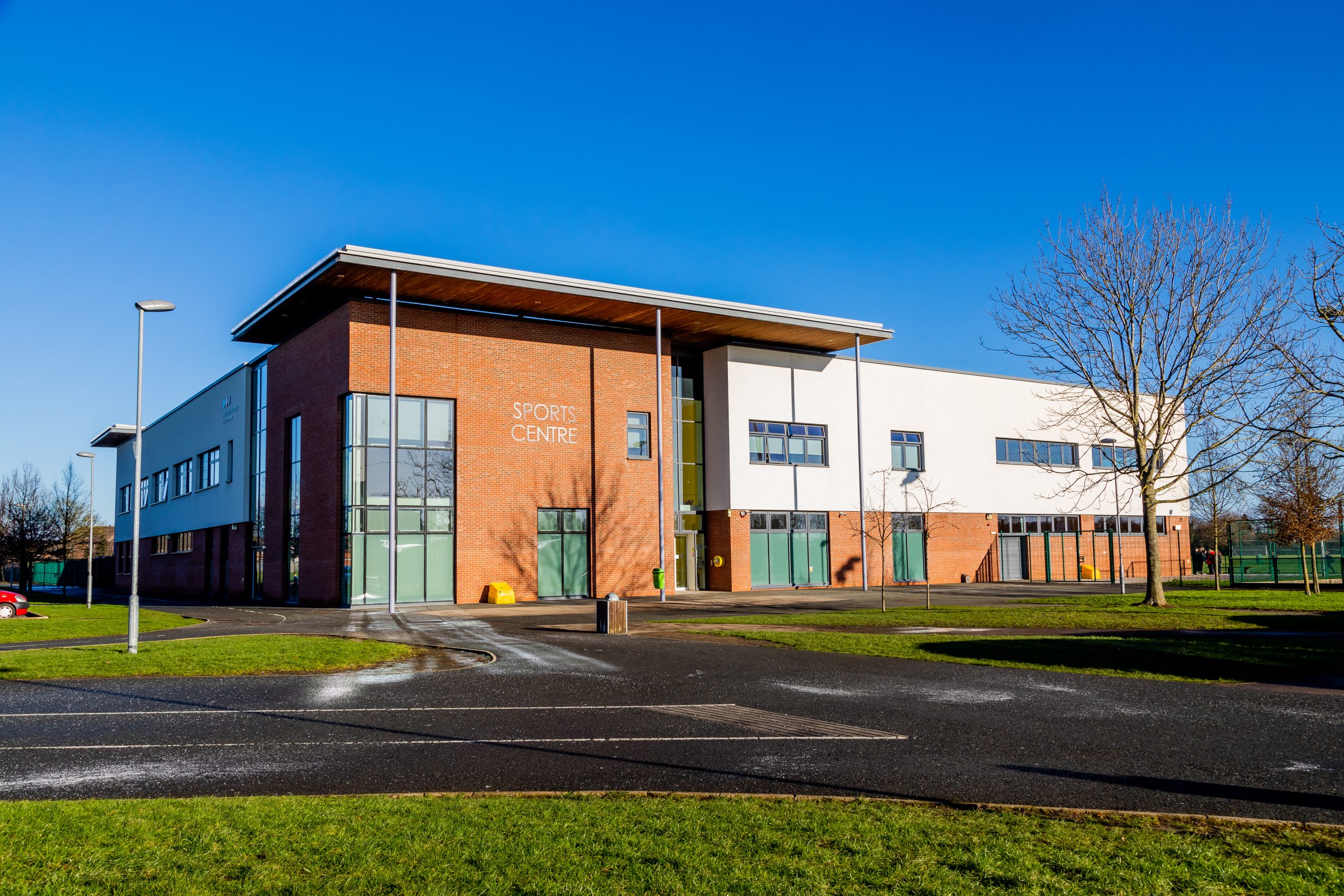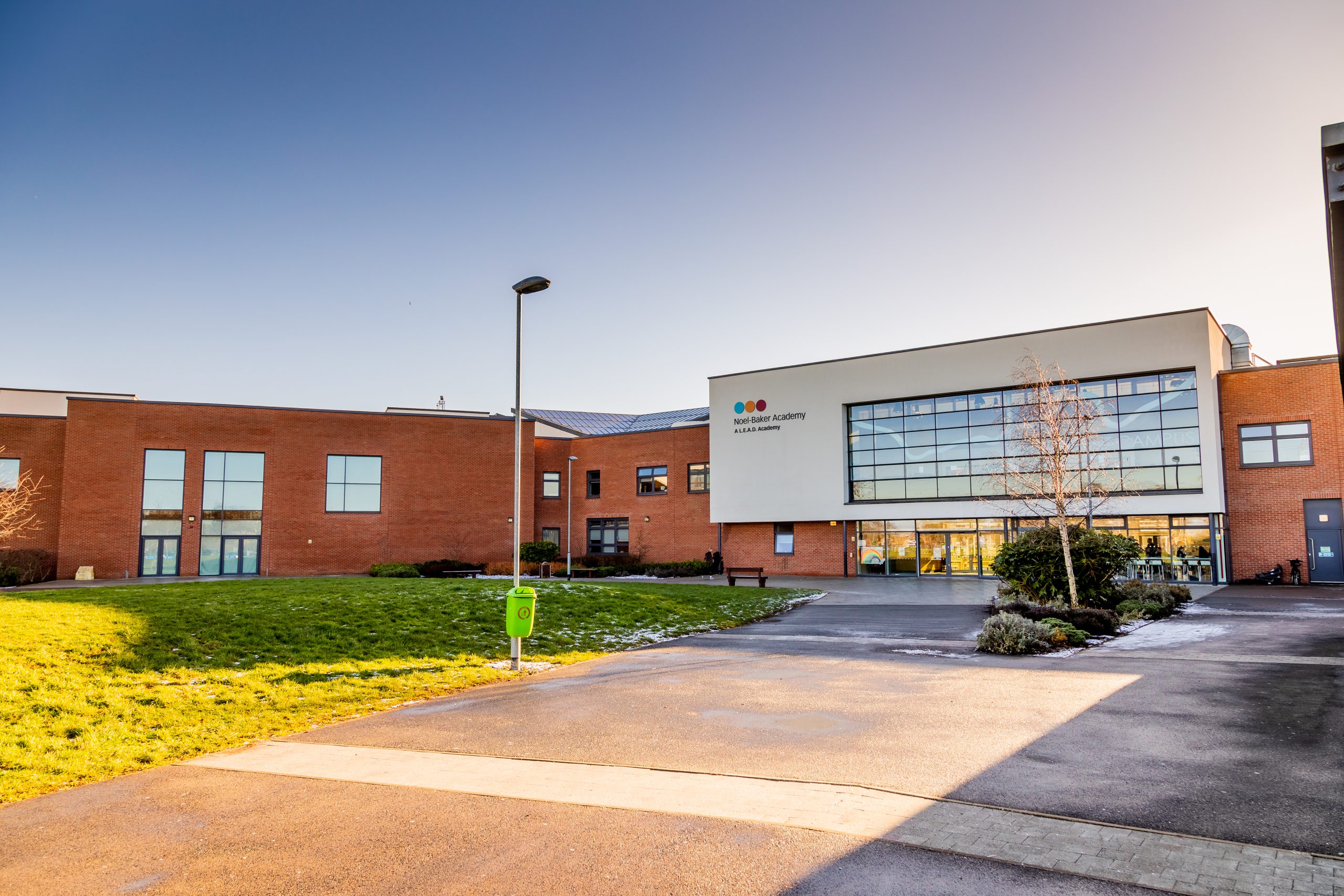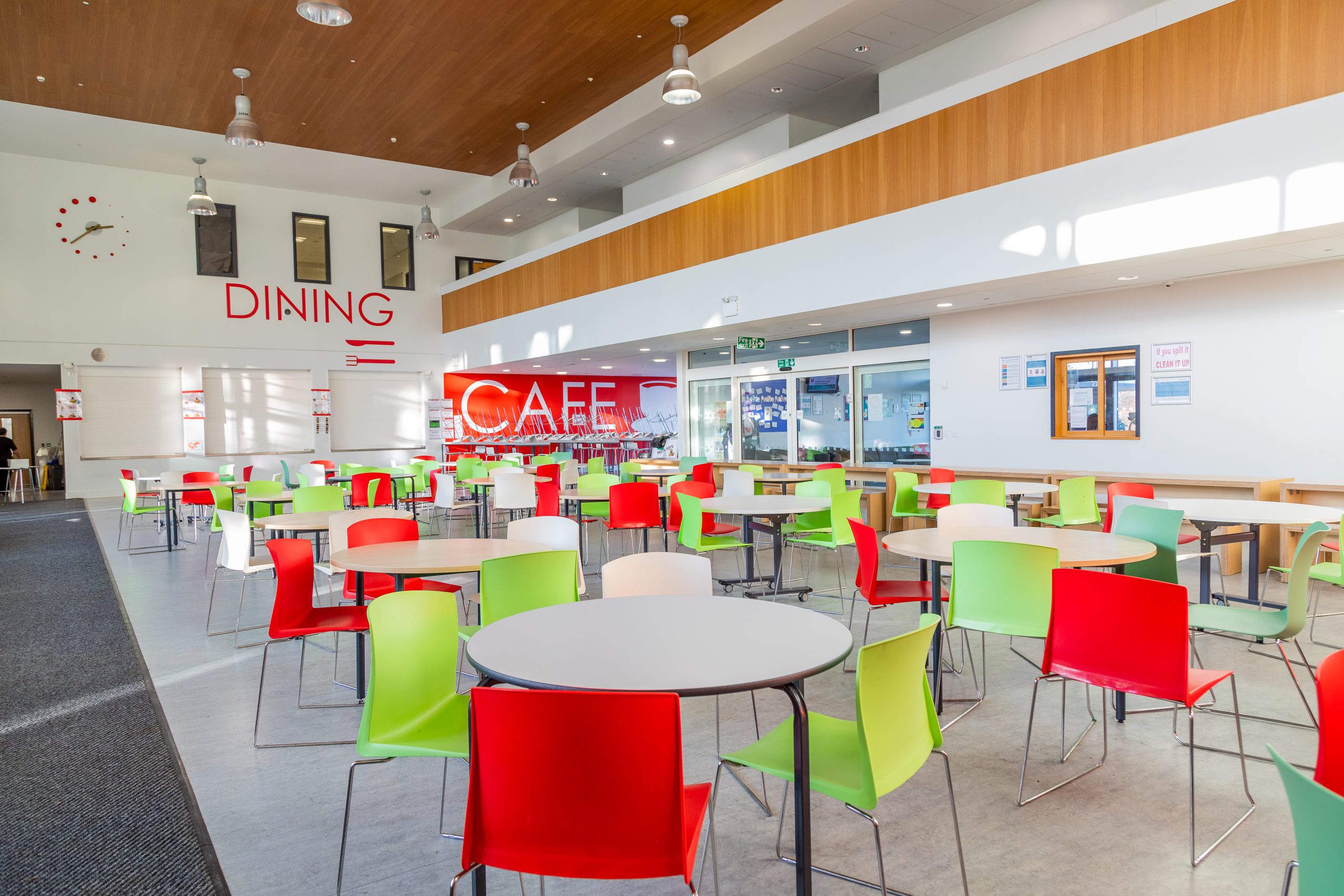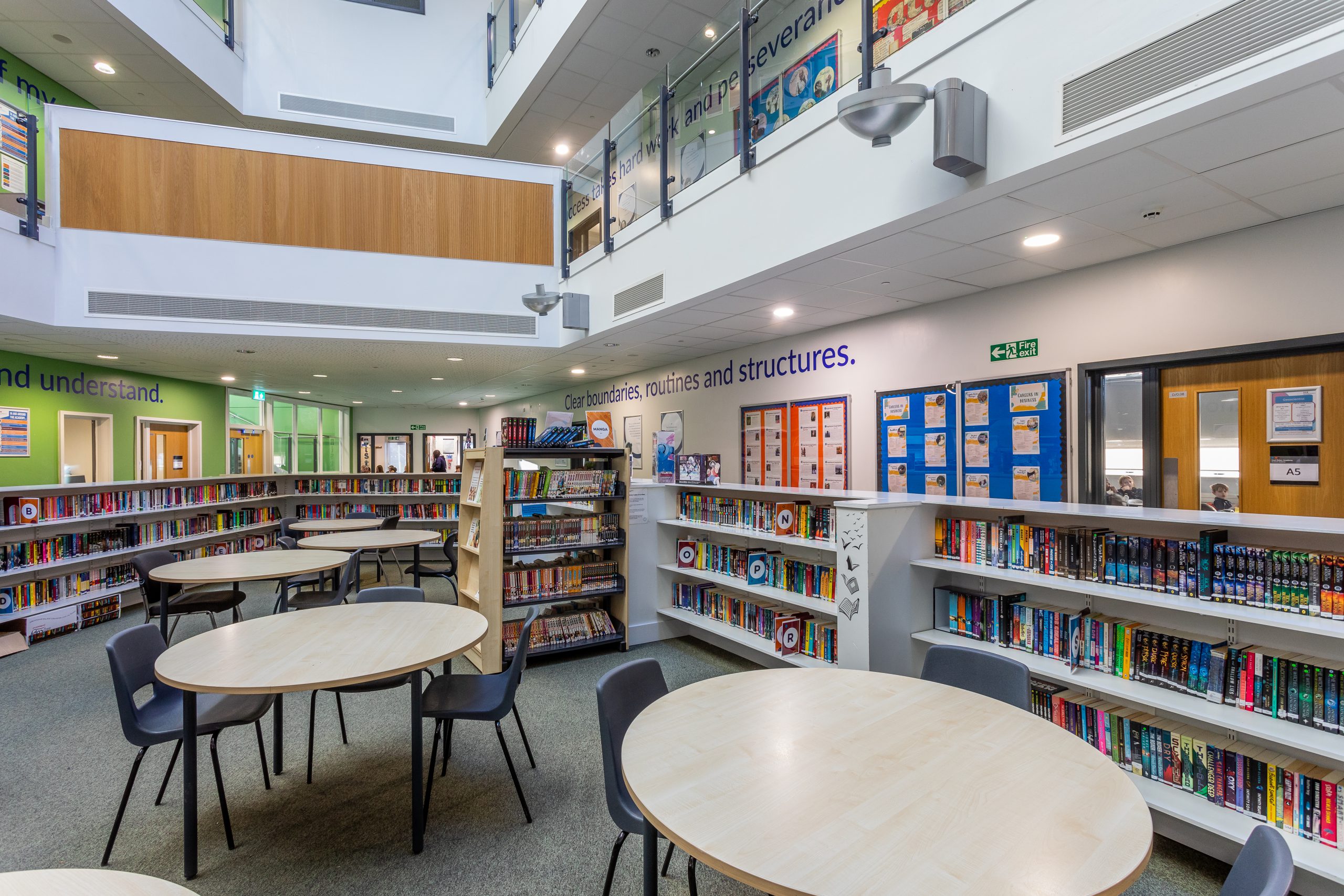Drama Curriculum Overview
Welcome to Drama at Noel-Baker Academy
“Actors are agents of change. A film, a piece of theatre, a piece of music, or a book can make a difference. It can change the world.”
Alan Rickman
Our intent for Drama at Noel Baker Academy is to produce students who are confident and effective contributors to whichever workplace they choose to go into. The curriculum provides each student the opportunity to develop and exercise their creative skills in a practical setting. Students are able to engage further in their learning by attending a variety of extra-curricular activities and performance opportunities both within Noel Baker Academy and by using linked made with the University of Derby, Derby Theatre and other schools within the Trust. Pupils are given to opportunity to be exposed to a range of live theatre in a plethora of genres.

Mrs Sibson – Curriculum Director for Drama, Music and PE
Year 7 Curriculum Overview
Unit 1: Basic Skills
An introduction to Drama. Using the theme of Superheroes we will looking at the basic techniques of Drama including Still Images, Thought Tracking, Narration, Slow Motion and Flashback. Pupils will combine a mixture of short script and devising their own scenes.
Unit 2: Pantomime
In this unit pupils will learn about the key elements of a pantomime: audience participation, the dame character, classic storylines, good and evil characters and music and song. The culmination of this unit is a whole year trip to watch the pantomime at Derby Arena.
Unit 3: Slapstick and Mime
In this unit pupils will be learning how to develop their mime and slapstick performing skills. They will be studying performers such as Charlie Chaplin and Mr Bean. Then creating their own slapstick comedy silent movie.
Unit 4: Trestle Masks
This unit follows on from Mime as it is another non-speaking unit. Trestle Masks are specially made masks with emotions on. It allows the pupils to fully focus on their body language, gestures and physical characterisation.
Unit 5: Greek Theatre
Looking at where Drama began in Ancient Greece. Using the mythical tale of Pandora’s Box, pupils will be learning about Greek Masks, Greek Chorus and how to perform as an ensemble working together in unison.
Year 8 Curriculum Overview
Unit 1: Shakespeare – A Midsummer Night’s Dream and Macbeth
We introduce pupils to Shakespeare and the focus is how to perform Shakespeare rather than analysing the language. A Midsummer Night’s Dream focuses on the 3 main character groups, The Lovers, The Fairies and The Mechanicals. They will perform a key scene from each group and explore how Elizabethan Theatre differs from Modern performances. Then with Macbeth we focus on the Witches and explore different adaptions of how The Witches are/could be presented.
Unit 2: Verbatim – Derek Bentley and Blackout
As pupils move through Year 8, we begin to look at more serious and dramatic themes; the idea of Crime, Imprisonment and Injustice.
Students are taught how to devise and develop and Empty Chair piece but emphasis is placed on the impact of an act of violence on a community rather than the act itself. It is also a chance to educate students about the prison system and develop their empathy towards the victims of crime in their neighbourhood by looking at crime in the local area and in their communities.
Unit 3: Devising with a stimulus – The Letter
This unit sees the pupils creating from scratch their own performances. They are given a stimulus (starting point) of a letter and in groups they create their own storyline. This will culminate in portraying all of the knowledge they have built up throughout year 7 and 8 and will demonstrate a range of skills and drama techniques.
Year 9 Curriculum Overview
Unit 1: Noughts and Crosses by Malorie Blackman
The focus of this unit is how to study a full text, in a similar way that happens at GCSE level. The pupils focus on reading key scenes and then using a variety of techniques including new ones such as physical theatre to explore the play. The play focuses on discrimination and relationships, in its many forms.
Unit 2: Theatre in Education
During this unit pupils will be introduced to what Theatre in Education is and how it is beneficial, whilst creating their own piece of Theatre in Education. They will have to focus on a target audience and include facts, statistics and choose the appropriate techniques to help tell their story effectively, like what they would have to do for the Component 1 exam at GCSE level.
Unit 3: Live Theatre Review
Talking about and analysing theatre is a key skill pupil’s need, especially if they are continuing Drama at GCSE level. Pupils will learn how to talk about different aspects of a live or recorded performance, such as use of lighting, set design, character relationships, characterisation and audience interaction. They will be watching extracts from a range of different performance styles to give them a broad and balanced view.
Unit 4: Drama Showcase – Jukebox Musical
To end year 9 pupils will become a production company who are pitching the idea of a new Jukebox musical. Using the songs of well known artists such as Beyonce, pupils will need to come up with a storyline, characters, set designs, costume ideas and marketing for a new musical. They will have to present their idea, including a short preview of one scene and hope their bid is successful. This unit will play to each pupils strength as they will chose what role they want to take on, either performer or technical.
Year 10 Curriculum Overview
Introduction to GCSE Drama
Students begin with an introductory series of workshops designed to recap the basic and advanced components of vocal and physical performance skills. The emphasis is initially placed on allowing different members of the group to work together in order to establish the best working relationships possible. Students will also experience a mock Component 2. They are put into pairs and are required to rehearse and learn a short scene for performance to an invited audience, simulating the experience of performing to a visiting examiner. Students will be required to be in full costume with lines entirely learnt and will be marked using the Component 2 mark scheme. Students will also be introduced to the same set of Stimuli used by the current Year 11 students. The students will then be put into groups and they will be required to select a style/genre and a single stimulus and devise a piece of original theatre based on it. Pieces only need to total between 5-10 minutes. They will also be required to provide two piece of illustrative material and a five hundred word portfolio based off their devising process. This mimics the process they will go through in Year 11 when they have more time to research their pieces.
These will then be performed two weeks before the end of term and the portfolio’s completed.
They will then watch their pieces back and write a short evaluation in exam conditions (60 minutes) critiquing their overall final performance.
Year 11 Curriculum Overview
Component 1 Exam
Devising Theatre Non-exam assessment: internally assessed, externally moderated
40% of qualification
60 marks
Learners are required to devise a piece of original theatre in response to a stimulus, using either the techniques of an influential theatre practitioner or the characteristics of a genre of drama.
Component 2 Exam
Performing from a Text Non-exam assessment: externally assessed by a visiting examiner
20% of qualification
60 marks
Learners are required to participate in a performance from a text. Learners will gain a deeper understanding of how to interpret a text for performance and realise artistic intentions.
Component 3 Exam
Interpreting Theatre Written examination: 1 hour 30 minutes
40% of qualification
60 marks
This component requires learners to demonstrate their knowledge and understanding of how drama and theatre is developed and performed through the study of a performance text and through responding to live theatre.
